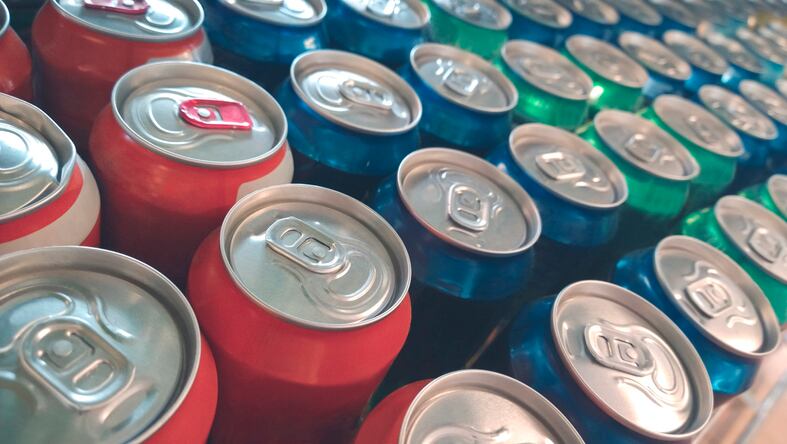Like other CPG players, PepsiCo continues to see higher costs associated with commodities, transportation and labor, much of which it is seeking to offset through cost savings strategies, but some of which will need to be passed to the consumer.
Even though the increases come as pandemic-related government assistance ends – potentially making some consumers more price-sensitive – PepsiCo executives told investors during the company’s third-quarter earnings call that they are confident in current elasticity models and do not expect to see a drop off in sales related to higher prices.
Indeed, the company’s strong Q3 results suggest that shifting shopper priorities and buying habits driven by the pandemic bode well for PepsiCo going forward regardless of price hikes.
Price hikes likely early next year
Inflationary pressures within labor, transportation and commodities market, as well as supply chain disruptions, continued to negatively impact PepsiCo in its third quarter so that even though it previously took measures to offset higher inputs, executives warned additional actions will be necessary.
“We forward buy about six to nine months out so we will have a better handle on where exactly 2022 costs are going to land as we get into the first quarter of 2022, but I would expect us to price a bit more reflective of” the higher costs we are seeing already as old hedges roll off and new ones are put in place, PepsiCo vice chairman and CFO Hugh Johnston told investors this morning.
He explained that this could mean higher prices on top of the increases that occurred in the summer and which are rolling out now in the beverage and for most of PepisCo’s snack businesses.
While multiple rounds of price increases isn’t ideal, PepsiCo chairman and CEO Ramon Laguarta did not appear too worried about it negatively impacting the business because elasticity remains in the company’s favor.
“Across the world, consumers seem to be looking at pricing a bit differently than before,” he said, hypothesizing the change could be due to several factors. “In our case, our brands are stronger and I think our innovation is stronger, so that could be a factor. It could be also some behavior [changes] as consumers are shopping faster in stores and they might be paying less attention to pricing as a decision factor, or there might be even more relevance to the brands or they feel closer to the brand and more emotionally attached to us,” and so pricing is less important.
A strong Q3 lends optimism for full year
Indeed, the price increases that the company had taken so far do not appear to be impacting PepsiCo negatively based on the last quarter’s results.
PepsiCo reported third-quarter organic revenue rose 9.5% over the previous year and 13.3% on a two-year basis – reflecting the “fastest pace we have delivered since we began implanting our Faster, Stronger, and Better strategic framework in 2019,” Hugh and Laguarta said in prepared comments ahead of the call with investors.
While some of these gains no doubt reflect strategic investments in PepsiCo’s people, brands, go-to-market systems, supply chain, manufacturing and marketing, the company acknowledged about 5 percentage points also comes from higher prices and mix.
These price increases helped to offset about a 10% increase in costs, which was driven in part by higher expenditures on distribution and marketing.
The company’s strong Q3 results prompted it to raise its guidance for the full year, including expectations the full year 2021 organic revenue likely will climb approximately 8% and earnings per share will increase at least 12%.

